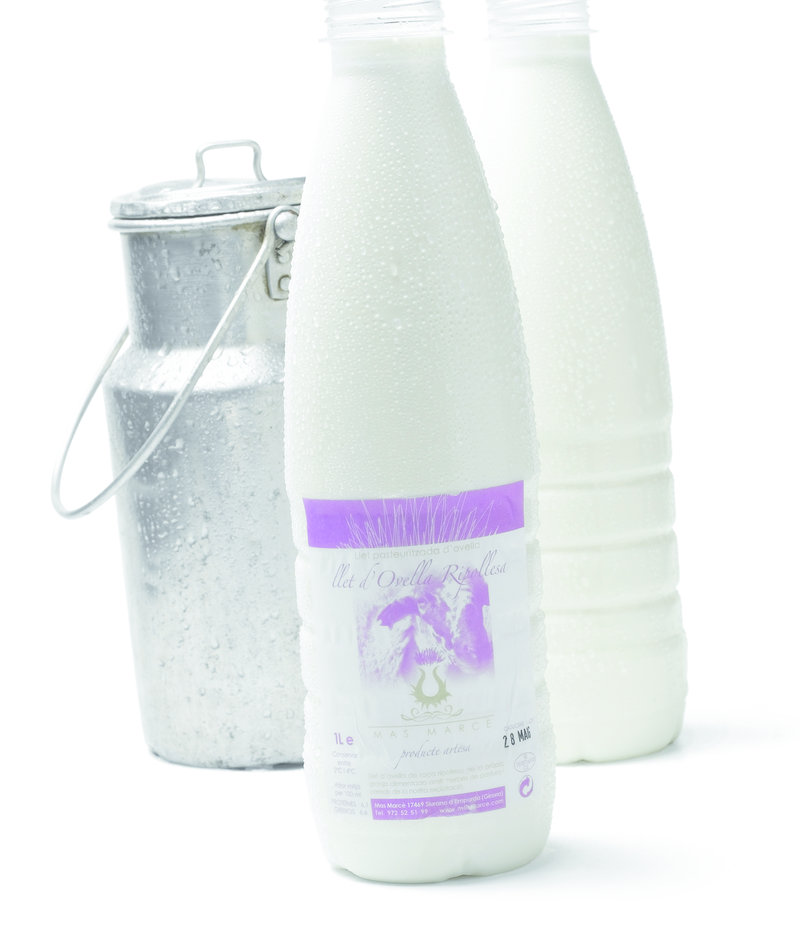BASKET. text. CUINA magazine. PHOTO
Sheepish delights
Catalonia produces a select range of sheep milk products, mainly in the Ripollès region
Catalonia has its own native breed of sheep, the Ripollesa. The breed is not particularly well-known for producing a great quantity of milk, but the milk it produces is extremely rich in its organoleptic quality, which makes it very healthy and, of course, it is totally natural.
It a very white, sweet and delicate milk, which is the result of the sheep being pasture fed. It is a taste that takes us back to childhood, a long way away from our normal industrially processed milk and, of course, it is sheep milk and not from cows. Like any other milk it can be drunk, but it can also be made into yoghurt, quark, ricotta, custards, creams as well as being used in cakes; it produces a most surprising and individual taste, especially for those who have only ever tasted cow milk.
The area of Ripollès is where we find the country's best sheep milk production; the work of farmers, cheesemakers and artisan producers who have maintained and encouraged its use and who have won international recognition for their products, particularly cheese.
Pecorino, Roquefort, Manchego and Feta. They are all cheeses made from sheep milk. With a higher fat content than cow milk, and richer in solids and minerals, sheep milk is excellent as a base for cheeses and yoghurts. The drawback is that unlike cows, sheep do not have a constant output of milk and production is tied to lambing and weaning and our woolly friend can only be milked for a period of 80-100 days. For this reason production is small and for many not economically viable.

